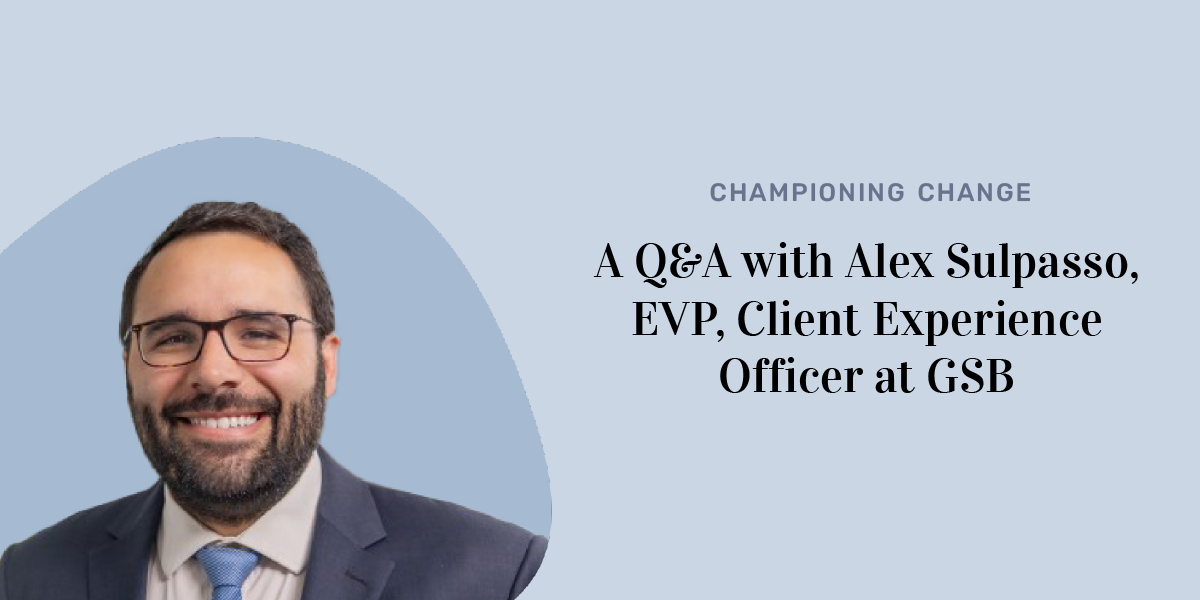Key points:
- The financial services industry has historically excluded leaders who represent marginalized groups.
- Overcoming great odds, Black pioneers changed the financial industry for the better over the last two centuries.
- Highlighting the stories of changemakers and pioneers demonstrates the importance of inclusion in financial services—now and in the future.
The financial sector has a poor track record regarding inclusion and diversity. Goldman Sachs’ 2019 Sustainability Report revealed that just 2.7 percent of executives, senior officials, and managers identify as Black. Despite this, Black financial leaders have left an indelible mark on the industry, and their achievements should be remembered.
Black leaders across financial services are directly responsible for increased access to products and services for underbanked minority groups. Their lived experience puts them in a valuable and unique position to advocate for underrepresented customers in a way that is truly based on service, empathy, and understanding. Here are 5 Black financial trailblazers whose legacies changed the financial services industry for the better.
Maggie Lena Walker
From the mid-1800s to the middle of the 20th century, the idea of a woman founding and running a bank was beyond imagination for most members of the industry. Maggie Walker managed to achieve this goal as a Black woman in the South at the height of the Jim Crow era.
Born to enslaved parents in Richmond, Virginia in 1864, Walker’s first venture was a community insurance company for women. In 1903, she founded the St. Luke Penny Savings Bank, becoming the first-ever woman to charter a bank in the United States.
In the segregated South, the bank attracted adults and children alike, eventually boasting over 50,000 members. The St. Luke Penny Savings Bank went on to survive the Great Depression—a tall task that put many banks out of business—and eventually consolidated with two other banks in the region. It remains in operation in downtown Richmond to this day.
Arthur George Gaston
A World War I veteran, Arthur George Gaston was born in 1892 in Demopolis, Alabama and raised by his formerly enslaved grandparents. Gaston got his start working for Tennessee Coal and Iron Company in Fairfield, Alabama, where he established his first venture: selling affordable burial insurance to the Black community.
Gaston subsequently founded an insurance company and funeral home in downtown Birmingham. Following the success of his insurance business, he went on to found Alabama’s only Black-owned savings and loan establishment in the early 1950s.
Upon his death in 1996, Gaston left behind the Booker T. Washington Insurance Company, CFS Bancshares (America’s second-largest Black-owned bank), and numerous other ventures that continue to make an impact.
Travers J. Bell Jr.
Members of marginalized communities have long struggled to break into investment banking with its less-than-stellar track record of diversity. Travers J. Bell Jr. faced more than his fair share of challenges as he co-founded the New York Stock Exchange’s (NYSE) first Black-owned investment bank.
Starting as a messenger in Chicago’s Dempsey, Tegler & Company, Bell eventually worked his way up to the position of VP at the firm. With $175,000 in capital and the help of longtime business partner Willie Daniels, Daniels & Bell officially began trading in 1971. This made them the first-ever Black-owned investment banking member of the NYSE.
The firm established its niche by underwriting securities of minority-owned businesses. Bell was also the driving force behind the leveraged buyout (LBO) of Cocoline Chocolate, the first LBO led and completed by an African-American. Travers J. Bell passed away in 1986, having dedicated his life to organizing Black professionals to fight for equality in the securities industry.
Mellody Hobson
Mellody Hobson has been a mainstay in the financial services industry for over 28 years. Born in Chicago as the sixth child of a single mother, Hobson experienced acute financial difficulties throughout childhood. Her desire to understand money drew her to the financial sector, illustrating the value of representation and the impact of personal lived experiences on those who work to deliver financial services to customers.
Beginning as an intern at Ariel Investments, a Chicago-based investment management firm, Hobson is now the President and CEO of the company. In addition, she serves on the boards of JPMorgan Chase, Estée Lauder, Starbucks, and others.
In 2017 she became the first Black woman to head the Economic Club of Chicago. Along the way, she was named to Time magazine’s 2015 list of the 100 Most Influential People. Hobson is also an investor in Ellevest, a financial management firm dedicated to helping women manage money.
Lauren Simmons
In 2017, at age 22, Lauren Simmons made history by becoming the youngest and only female equities trader on the floor of the NYSE. She was also the second Black woman to ever hold the position. Dissatisfied with her annual salary of $12,000 (compared to the $120,000 her peers were earning), Simmons has since launched a career demystifying money for women.
Thanks to a series of podcasts, speaking engagements, and web series, Simmons is now a pillar of the personal finance community. With a biopic in the works, there’s no doubt that she’s poised to shatter even more glass ceilings.











